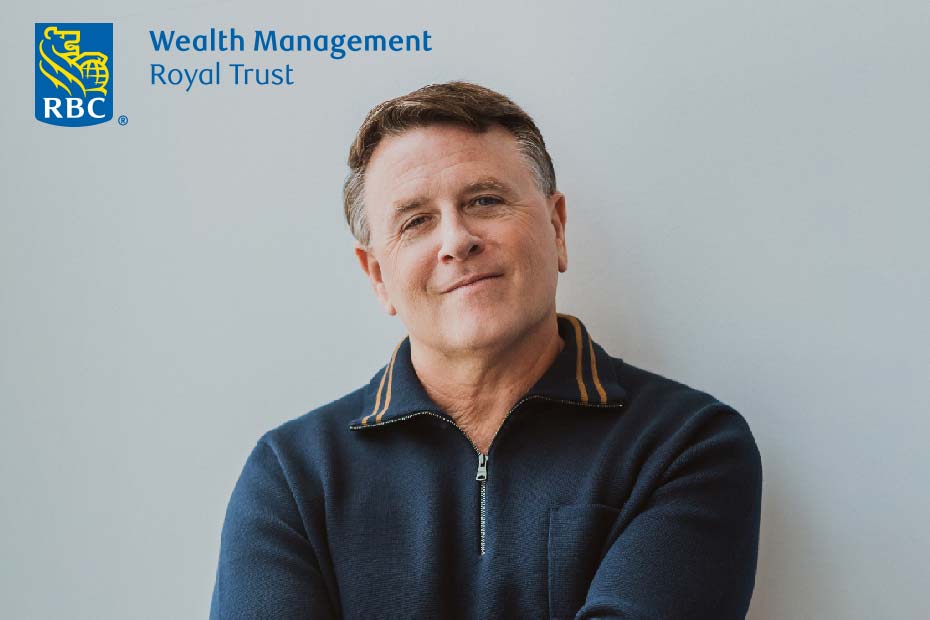Published August 24, 2017 • 5 Min Read
So maybe you didn’t get to university right after high school. Or perhaps you wish you’d studied English Literature instead of Engineering. Maybe you’ve retired from one career and want to pursue a new profession that requires a particular degree. Whatever the case, if you’re 55 or over and on the fence about heading back to school, here are five great reasons to get started.
It’s Good for Your Brain
For years scientists and researchers have suspected that learning new things helps keep your brain young. And new research shows it may even help slow the development of age-related cognitive diseases.
For example, researchers at Toronto’s York University are finding significant links between learning a second language and delaying the onset of dementia – including Alzheimer’s. And a 2016 Harvard Medical School report stated that “lifelong learning” can slow “cognitive aging” because new brain growth is possible even in older adults. So going back to school to expand your knowledge can help postpone the aging process in your brain. In other words, it can keep your brain young.
Your Experience Is a Benefit
Don’t get stressed about how you’ll handle a university workload plus manage studying and taking notes. You may find it’s easier than you expected.
Unlike many of the younger students in your classes, you’ve had many years experience in the work world. These years can give you time management skills you don’t know you have. You now also know how to process large amounts of information, and have the skills to better connect what you’re learning to the “big picture” of the world.
You’ll Get Lots of Support
This may surprise you, but mature students can receive support from many sources when they head back to school.
Older students appear in all Canadian universities and colleges, and many even have special programs and lounges to help you ease into your new post-secondary life. For example, in Ontario, The University of Guelph has a Mature Students Association to provide advice and a chance to meet other older students. It even has a mature student admissions alternative for applicants who don’t meet traditional admission requirements. And the University of Toronto’s Mature Student Association (MatSA) at the St. George campus offers support and social events.
If you’re on the west coast, UBC’s Older Wiser Learners student club helps mature students connect with others. Meanwhile, out east The University of Prince Edward Island offers the Mature and Part-Time Students Association Lounge and a staff resource person to help with your back-to-school navigation.
So rest easy — when you head back to school in retirement you won’t be alone.
Free tuition If You’re a Senior Citizen
Interested in going back to school in retirement but worried about the cost? Depending on your age, your income, and where you live in Canada, you could qualify for free tuition.
If you’re 65 or older and meet admission, residency and prerequisite requirements, you may get free tuition at Canadian post-secondary institutions such as McMaster University, University of Manitoba, Dalhousie University, and University of Saskatchewan — subject to certain restrictions. Students aged 60 or older who are Canadian citizens or permanent residents and reside in Ontario may qualify for a bursary to cover their full tuition cost at universities like Western and York University.
If you’re a resident of Ontario with a family income of less than $50,000 annually, you could get free tuition regardless of your age. And qualified New Brunswick residents of all ages with family incomes below $60,000 may receive free tuition in the form of bursaries.
Withdraw Funds From Your RRSP Through the Life Long Learning Plan
If you have your heart set on returning to school in retirement but don’t qualify for free tuition, you have another option. Consider the Life Long Learning Plan (LLP).
The LLP allows you to withdraw up to $10,000 per calendar year from your Registered Retirement Savings Plan to pay for training or education. The maximum allowable withdrawal is $20,000 over four consecutive years.
Withdrawals under the LLP aren’t subject to taxation, but you must repay a minimum of 10 percent of the amount withdrawn each year over a maximum 10-year period.
Keeps You in Touch With Younger Generations
Going back to school in retirement helps retirees stay in touch with younger generations. You could find yourself mentoring young adult students and giving advice on everything from time management to dating and career choices. Depending on what you’re studying, you may even provide a “real world” perspective on discussions of recent historical, economical, and social changes.
You’ll also learn about what’s important to today’s younger generation in terms of lifestyle, politics and culture. And becoming familiar with current trends issues facing these students may help you better communicate with the younger members of your own family.
It’s never too late to learn something new. Whether you’re pursuing your first degree or your third, retirement is a great time to head back to school. You’ll meet new people, learn new things, and enjoy being busy each day.
How do you want to spend your time in retirement?
This article is intended as general information only and is not to be relied upon as constituting legal, financial or other professional advice. A professional advisor should be consulted regarding your specific situation. Information presented is believed to be factual and up-to-date but we do not guarantee its accuracy and it should not be regarded as a complete analysis of the subjects discussed. All expressions of opinion reflect the judgment of the authors as of the date of publication and are subject to change. No endorsement of any third parties or their advice, opinions, information, products or services is expressly given or implied by Royal Bank of Canada or any of its affiliates.
Share This Article






